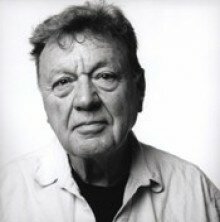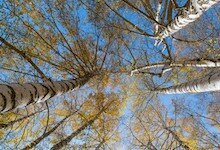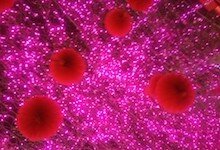
J. Eijkelboom made his début as a poet in 1979, at the age of fifty and after a long career in journalism, with a collection entitled Wat blijft komt nooit terug (What remains is gone forever). This advanced (for a beginning poet) age was apparent in every line. These were the poems of a man chastened by experience, a man grown sad and wise.
His clear, classical diction and transparent imagery show an undeniable affinity with the Anglo-Saxon tradition (Eijkelboom translated, among others, Yeats, Philip Larkin and Robert Lowell). His poems take stock of a lifetime spent labouring with the human condition. He writes about the problems of love, about the irrevocability of the past, about drink and guilt, but also about his craving for the ecstasy of living life to the full. It is all right to strive for higher things, but the here and the now come first. Thus his poem ‘Soms’ (sometimes) from 1982 ends with the lines: ‘And not to mention heaven at first, / where coolness flows, for which our souls / will thirst. But later, soon, not now. / Just not for now.’
What is perhaps most remarkable about Eijkelboom’s verse is a sense of mysticism rarely found in post-war Dutch poetry. One of his early collections is entitled De gouden man (The golden man), a reference to the Buddha, and little touches of Zen Buddhism can be found in many poems of that period. Later, the Zen Buddhism wears off, but the contemplative, introspective spirit remains. The voice in Het lied van de krekel (The cricket’s song, 1997) is unmistakably that of a man advanced in years but young at heart. The cricket is the wrinkled old man, but also the singer proclaiming a new life. Between the wisdom of old age and the fervour of youth, Eijkelboom’s poetry keeps commuting. Reviewing his collections over the years, one finds that the relative spleen of his early poems has gradually given way to the clear view. He is still a personal poet, but one increasinly looking for universal truths.
[J. Eijkelboom took part in the Poetry International Festival Rotterdam 2002. This text was written on that occasion.]







